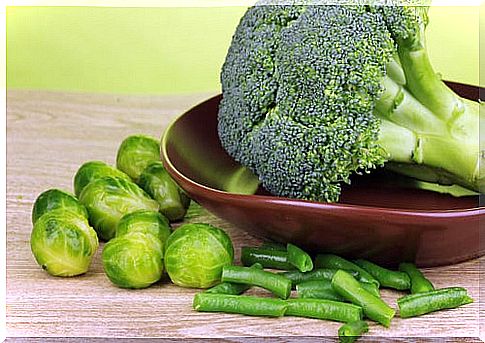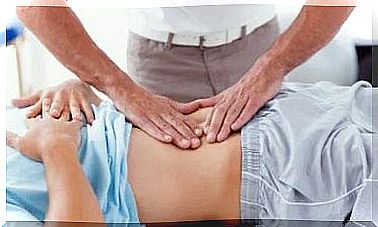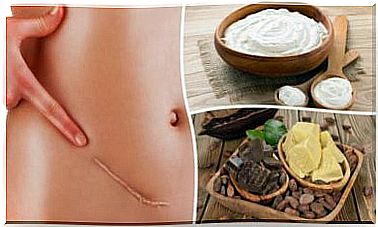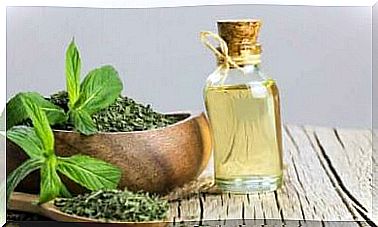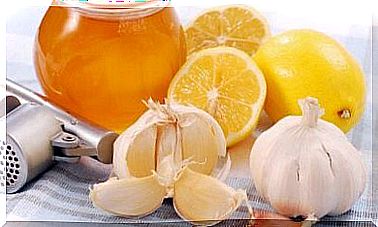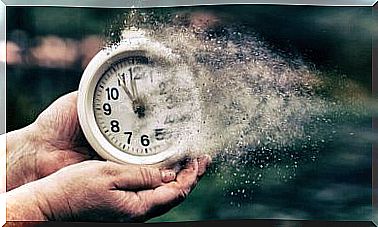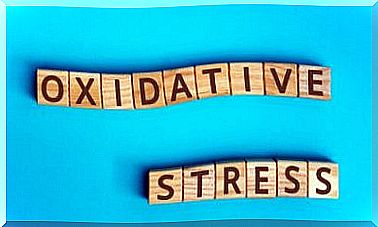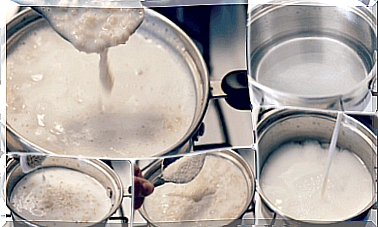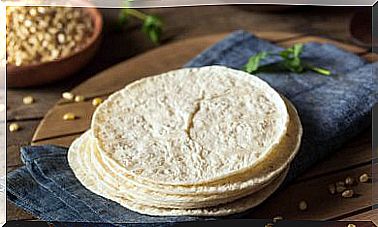Decalcifying Foods
To avoid the loss of calcium, it is important that we increase our consumption of foods rich in this mineral while avoiding those that prevent its assimilation.
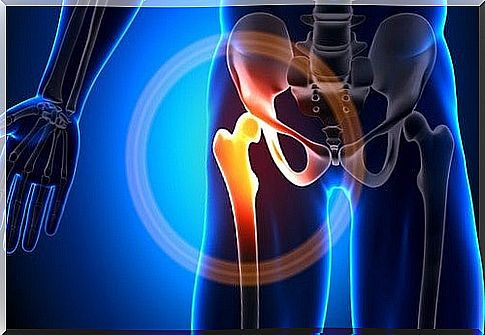
Do you know that there are some foods that can remove calcium level from your body and create disease? Hypocalcemia, a term used in the medical world, is very common around the age of 40. But it can also be caused by a diet rich in decalcifying foods.
For more information on these foods, do not hesitate to read the following article.
What is hypocalcemia and what are its effects?
This is a condition characterized by an abnormally low level of calcium in the blood. In adults, it should be between 4.5 to 5.5 mEq / liter. To have healthy bones and teeth, as well as good muscle and nervous function, it is important to have a balanced calcium level. It is maintained through the action of parathyroid hormone, intestines and kidneys.
Hypocalcemia can be caused by several factors such as:
- A lack of vitamin D
- Chronic renal failure
- A magnesium deficit
- Alcoholism
- Certain types of leukemia or blood problems
- Treatments with biphosphates, drugs to treat osteoporosis
- Medicines such as diuretics, insulin, laxatives, estrogen, or glucose
- Caffeine, lemonades
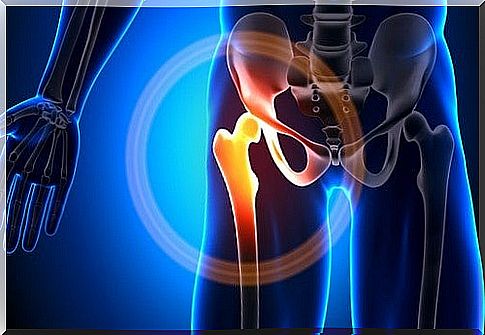
The most common symptoms of a lack of calcium in the body are:
- Neuromuscular irritability. In other words, the function of nerves and muscles is affected by spasms or cramps, in the legs and in the arms.
- Numbness or tingling in the fingers until shaking
- Depression or irritability
- Confusion, disorientation
- Heart palpitations
- Increased urinary frequency, pain after urinating
- Losing weight without dieting or exercising
- Lack of air, chest pain
- Inflammation of the lips
- Nausea, inability to eat
- Diarrhea that does not go away after two days
What are decalcifying foods?
To be able to keep our bones healthy, we need to know which foods absorb or eliminate calcium from our body:
Animal protein : in a diet based on red meat, poultry and eggs, this may cause metabolic acidosis. It is a disorder in the metabolism which causes greater elimination of calcium from the blood.
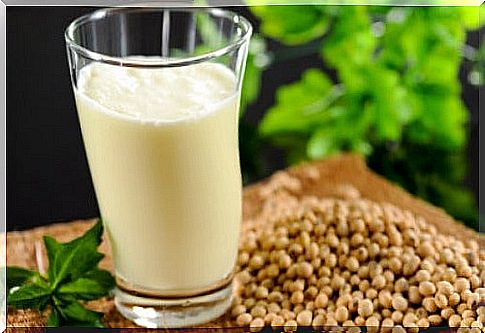
- Sodium: eating very salty increases the evacuation of calcium through the urine. To avoid this, it is necessary not to consume products with added salt. From cans of cans, salty snacks, ready-made and breaded dishes or fast food. It is important to reduce the salt intake after preparing a dish. If possible, it is best to avoid putting the salt shaker on the table. The appropriate amount of salt per day is a maximum of 2 grams.
- Tobacco: although it is not a food, it is one of the most important decalcifiers. People who smoke are the most vulnerable to deficiencies. Especially women over 40, that is, after menopause.
- Sweet refreshments: Sodas are very bad for the body for a number of reasons. In addition to containing a high rate of sugar and gas, they have a high content of phosphorus (in the form of phosphoric acid). This mineral is good when used in small amounts but in refreshments it has opposite effects. Like meat, it promotes acidosis.
- Alcohol, coffee, refined products (white bread, rice, flour and sugar), because they promote the elimination of minerals, such as calcium from the body.
Do dairy products decalcify bones?
Research from Harvard University has eliminated dairy products from the “food pyramid”. She highlighted the fact that these foods, unlike popular belief, are not beneficial in providing the calcium our bodies need.
Milk is not necessary for our body. As soon as we have passed the period of breastfeeding, it causes acidification of the blood, that is, it breaks with the acid-base balance. This is not only the case with dairy products, but also with meat, stress, lack of physical activity, lack of water, etc.
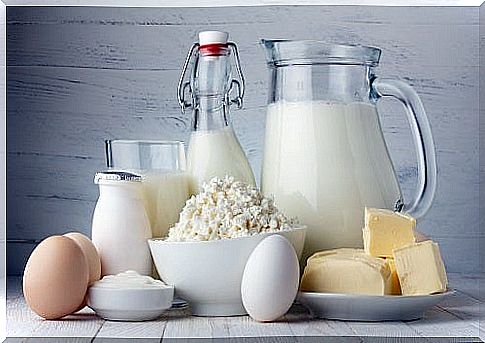
As we said before, acidification is synonymous with lack of calcium in the blood. The body tries to balance this irregularity with phosphorus, which is stored in the bones (they’re made of these two, basically). After taking on the stock of phosphorus and after adjusting the pH, the body “sheds” the calcium.
Thus, with the regular consumption of dairy products, the body will decalcify the bones to be able to balance the blood. Among other consequences of the pH imbalance: irritability, a lack of concentration, chronic fatigue, a propensity to diseases, allergies or infections, etc.
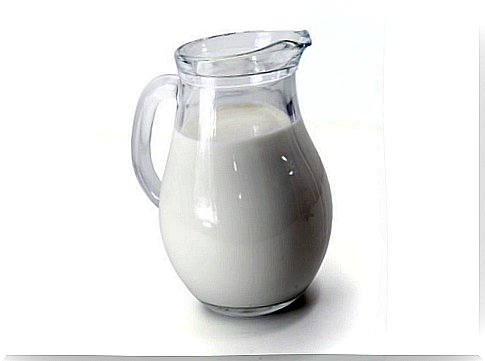
How to control the ingestion of decalcifying foods?
A diet too rich in decalcifying foods, on the other hand, requires a higher intake of foods that provide them. Thus, health problems associated with the deficiency of this nutrient will be avoided.
The problem lies in the fact that decalcifying foods provide phosphorus. Indeed, this one is vital for a good functioning of the organism at the cerebral, cardiac, muscular level, tissues, bones. As well as for the metabolism of proteins, carbohydrates and fats and obtaining energy.
Phosphorus is essential in the stages of growth and development of children. Period during which it is very important to balance or increase foods that offer more calcium. For example:
- Dairy products
- Green leafy vegetables,
- Sesame
- Almonds
- Dates
- Figs
- Grape
- Citrus fruits (orange, lemon, grapefruit)
- Kiwi
- Blackberries, raspberries
- Papayas
- Carrots
- Cabbage, onions, leeks, cauliflower
- Artichokes
- Celery, turnip
- Endives, seaweed.
